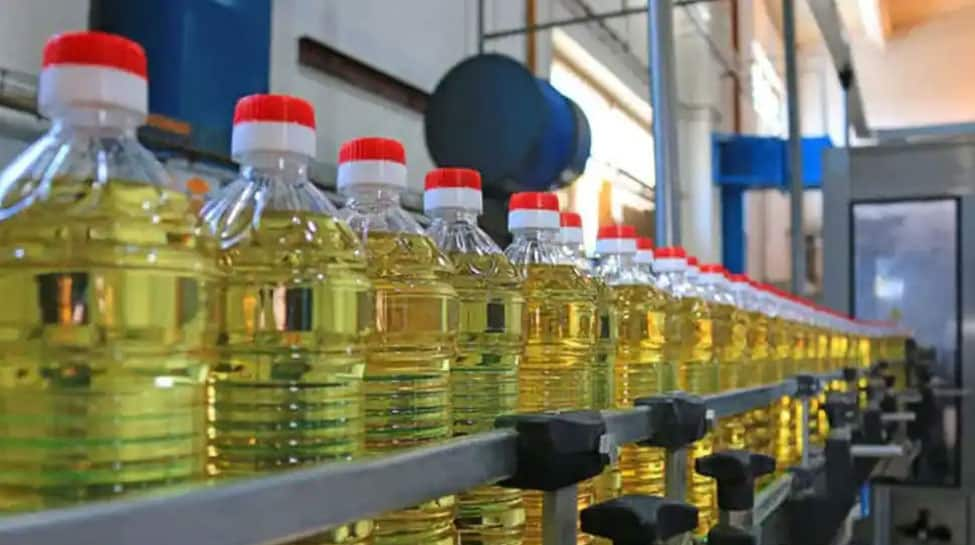Government Mandates Registration and Monthly Reporting for Edible Oil Industry
The Indian government has made it compulsory for all edible oil manufacturers, processors, and blenders to register and submit monthly production data under new regulatory amendments aimed at enhancing sector oversight.
Key Takeaways
- Mandatory registration for all edible oil supply chain stakeholders
- Monthly production and stock returns required via online portal
- Penal action for non-compliance under amended VOPPA Order 2025
Enhanced Regulatory Framework
The Department of Food and Public Distribution has amended the Vegetable Oil Products, Production and Availability (Regulation) Order, 2011, now requiring all edible oil units to register under the VOPPA Order and submit regular returns through designated online portals.
The Consumer Affairs ministry stated that the amended VOPPA Order, 2025 aims to bring greater regulatory oversight and transparency across India’s edible oil sector.
“This regulatory enhancement is a crucial step in ensuring accurate data collection, real-time monitoring, and improved policy intervention in the edible oil sector—key components in advancing the Government of India’s efforts toward national food security and supply chain resilience,” the ministry added.
Industry Response and Compliance Requirements
The ministry reported encouraging response from the industry, with many units already registering on the National Single Window System portal and submitting monthly returns.
All edible oil production, processing, blending, and repacking units must:
- Register via the National Single Window System at nsws.gov.in
- File monthly production, stock, and availability returns via edibleoilindia.in
Enforcement Measures
Non-compliance will be treated as a violation, with penal action under both the amended VOPPA Order and the Collection of Statistics Act, 2008. The Department plans inspection drives and field verification of non-compliant units to reinforce compliance seriousness.
The initiative supports better planning, informed decision-making, and fosters a more transparent edible oil ecosystem, contributing significantly to India’s food security infrastructure.




